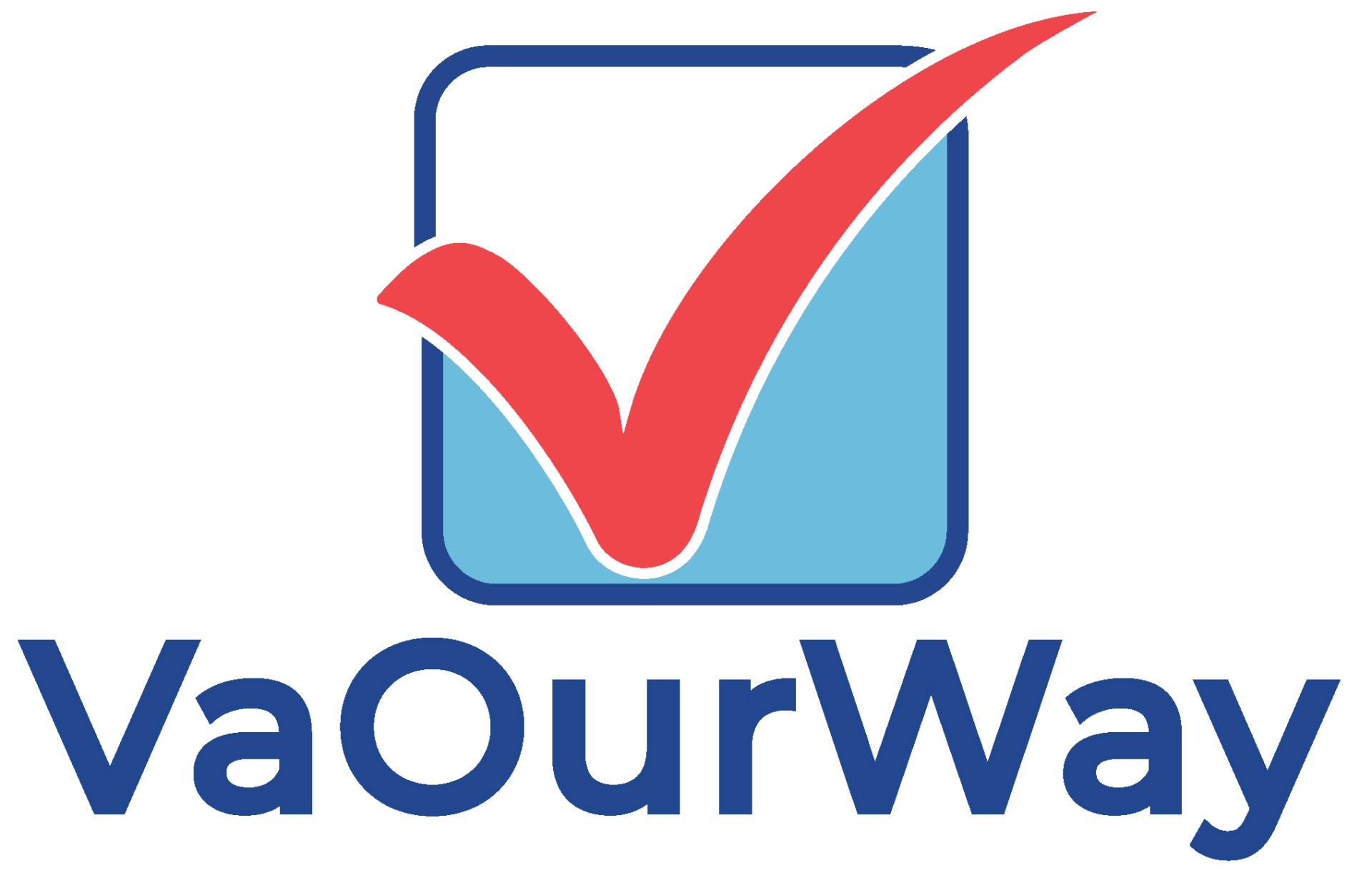How has the Virginia budget fared amidst a pandemic?
When the General Assembly adjourned on March 12th, they had agreed upon a $135 billion budget that would apply to Virginia for the next two years and affect nearly every Virginian. The budget, which funds every governmental program in the Commonwealth, is based upon projections of the state’s expected revenue. In the simplest terms, the state determines how much money it expects to earn in a two-year timeline and then allocates those funds through the budget. Those estimations, however, along with Virginia’s current budget, are now in jeopardy due to the economic and social fallout of the COVID-19 crisis. The Commonwealth, like most others, is now facing dramatic decreases in revenue that are likely to last for at least several months. This year’s proposed budget is therefore likely larger than what Virginia can actually afford over the next two years and currently includes funding that may need to be cut.
This conversation is likely to come to a head on April 22nd, when lawmakers will enter the annual veto session where they traditionally act on the Governor’s budget recommendations, proposed amendments to legislation, along with vetoed legislation. Everything that happened at the General Assembly will have to be reassessed and possibly reallocated. Senator Steve Newman has estimated that the COVID-19 crisis could cost the Commonwealth between $1.5 and $3 billion. However, Virginia is in a better position than some states because it currently has $2 billion in financial reserves. Additionally, the recently approved federal stimulus package will provide Virginia with $1.5 billion in aid, which can be used to replenish costs the state will incur to fight COVID-19. The conversation will likely continue to evolve in the coming days and we will keep you informed.
Paid Family and Medical Leave:
Earned paid sick leave came close to passing in Virginia at this year’s General Assembly session but was ultimately killed just before the end of session. SB 481 passed both the House and the Senate but was adjusted before the end of session. The House approved the new version while the Senate Finance Committee left the bill behind due to budget concerns. This all came about right as Virginia saw its first coronavirus cases, which could negatively impact those who are or will be out of work due to the pervasive illness.
However, there has been some relief on the federal level, coming in the form of the Families First Coronavirus Response Act. Employers with fewer than 500 employees will now be required to provide employees with up to 10 weeks of paid family and medical leave. For more details on this program, click here.
Local Government:
Many local governments are concerned about the fiscal impact of the coronavirus and are imploring the state government to place a stay on some of the policies that passed the 2020 General Assembly Session and would otherwise go into effect on July 1, 2020. The localities’ primary concerns are the minimum wage increase, the new ability for local government employees to collectively bargain, and expanded workers’ compensation. They are asking for a delay until July 1, 2021, but the state government has yet to comment on its willingness to do so.





